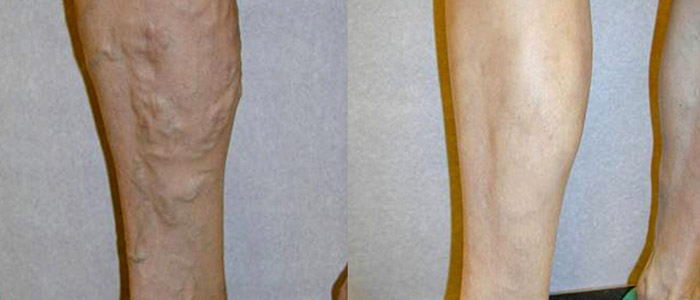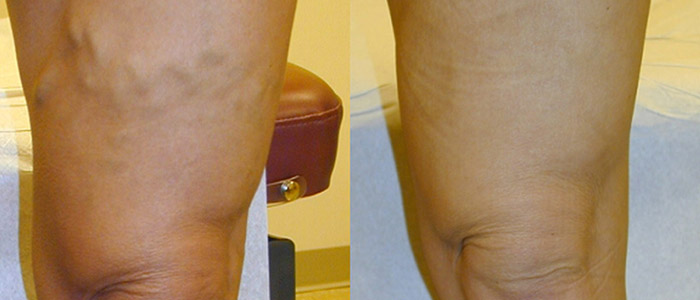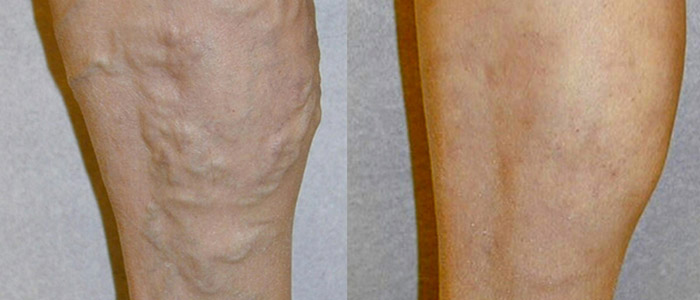Medicare Costs of Treating DVT and PE
With the healthcare crisis being battled on Capitol Hill and in the news daily, we are being bombarded with statistics of the cost of care increasing while the quality is decreasing. There are a few primary diseases or chronic conditions that account for the majority of Medicare spending. One of these conditions is deep venous thrombosis (DVT).
DVT is not only costly at the time the patient is in the hospital being treated, but it becomes even costlier when it’s not treated and resolved. DVTs lead to emboli. When emboli manifest in the lungs (pulmonary embolism) or brain or other critical organs, they become fatal. There is a very high recurrence rate with DVTs and PEs. This recurrence further increases the total financial burden of the patient on the Centers for Medicare Services (CMS).
CMS is evaluating means to reduce the incidence, and therefore the costs, of DVT. The Centers for Medicare Services has established core quality measures upon which care providers will be evaluated to determine whether optimal quality of care and reduced costs have been met. These core measures include evaluating DVT incidence and hospital readmissions (DVT and PE are leading causes of costly hospital readmissions). Initially providers will be financially rewarded to reduce or eliminate hospital readmissions within 30 days. Eventually, every hospital and provider will become financially accountable for the outcomes of patients with DVT according to the national guidelines and benchmarks against the quality measures.
To ensure they receive their incentives and prevent a reduction in pay down the road, providers are closely evaluating how patients with venous thromboemboli or who are susceptible to DVTs are being treated. In my next post on the topic of deep vein thromboses and pulmonary emboli, I will present a strategy to treat these conditions in such a way that we can reduce costs while also improving patient outcomes.







